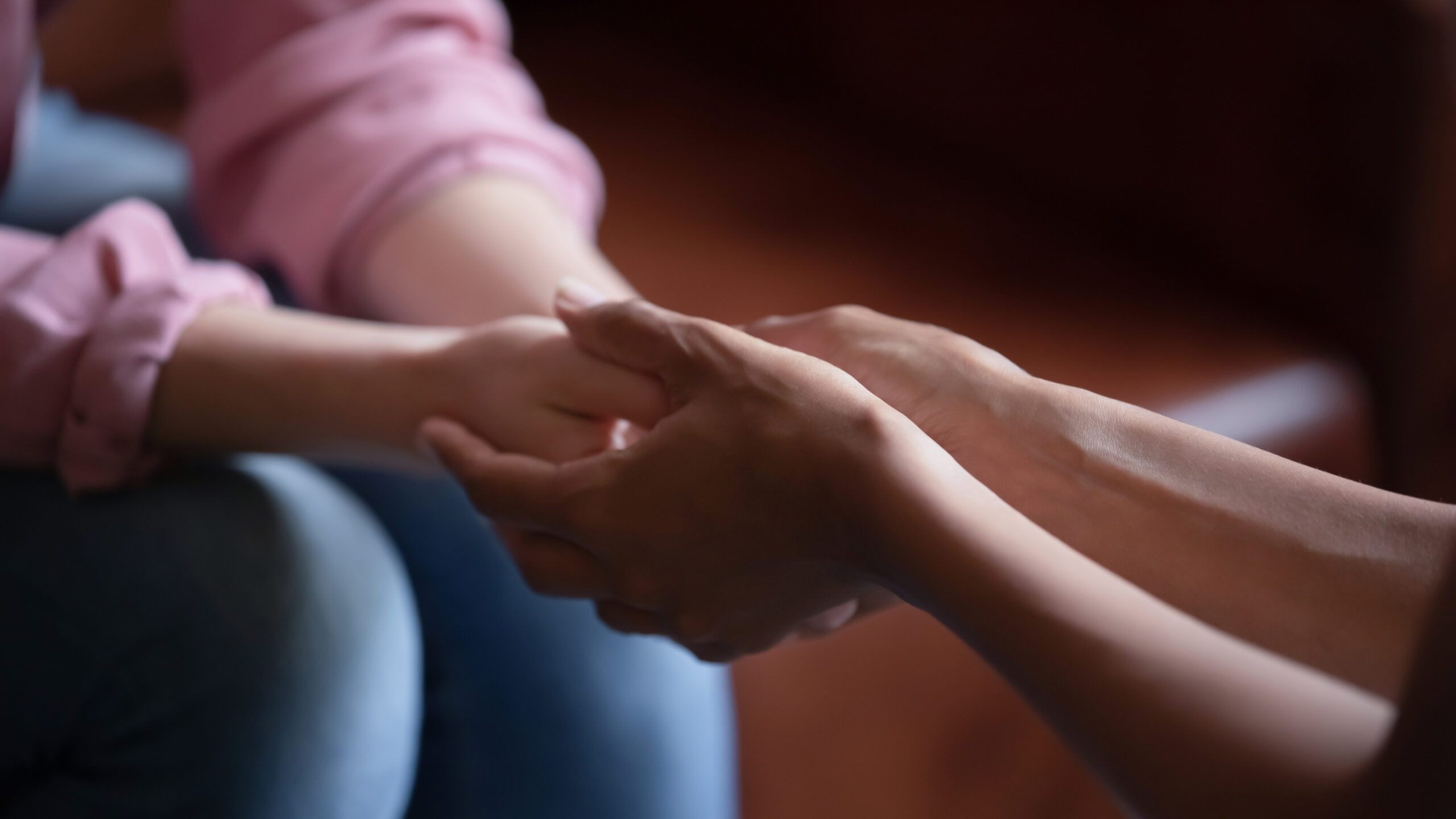Safe harbor legislation seeks to protect minors who are victims of trafficking

Child advocates hope this year marks successful passage of legislation in Maryland to protect minors who are victims of human and sex trafficking.
This 90-day General Assembly session marks the third time in recent years for the introduction of a “safe harbor” bill that includes a provision that wouldn’t allow those 17 years old and younger to face prosecution for crimes related to trafficking.
“Safe harbor in the context of child sex trafficking is protecting children from being criminalized for the very thing that makes them a victim,” Amanda Rodriguez, executive director of TurnAround Inc. of Baltimore, said Monday during a virtual press conference. “No one tells rape victims you’ve been raped too many times. So we’re going to have to lock you up for your own good now, but that is exactly what we’re telling child sex trafficking victims.”
Although advocates see this as “common sense” legislation that passed the House of Delegates last year, the Senate passed its version with amendments. Both chambers formed a conference committee that hash out the differences, but the bill failed to make it back on the Senate floor for debate and died.
The current legislation mirrors the version the House passed last year, which would prohibit law enforcement agencies from charging a minor for certain offenses if that crime “was a result of being a victim of human trafficking.”
A law enforcement officer would inform a child welfare agency in that minor’s jurisdiction and release the child to a parent or guardian. Within that process, a minor would be referred by law enforcement to a regional navigator, a service provider that assists victims of human and sex trafficking and receive counseling, housing and other social needs.
The bill would also require that a minor may not be detained in a juvenile detention facility.
A court would have up to 30 days to determine whether a minor is a victim of sex or human trafficking and committed an offense “as a direct result” from being trafficked. If evidence presented shows that situation is true, then the court would dismiss the case.
Del. J. Sandy Bartlett (D-Anne Arundel) is the lead sponsor of the bill in the House with a hearing set for Feb. 9. The bill is cross-filed in the Senate and led by Sen. Jeff Waldstreicher (D-Montgomery) with a hearing scheduled Feb. 14 before the Judicial Proceedings Committee.
Liz Kimbel, who was trafficked between 2001 to 2004, said the harshest mistreatment doesn’t only come from abusers.
Kimbel, who attended the press conference to support the bill, said when she was mistreated when she was detained and addressed by law enforcement officers “as though I were the most vile human on Earth.”
“Some of the worst trauma occurred at the hands of law enforcement because there was no accountability,” she said during press briefing.
Kimbel said trafficking victims could face other charges such as possession of illegal drugs, or petty crimes for stealing personal hygiene products and staying in vacant buildings.
Rodriguez, also an attorney whose Baltimore-based organization has helped more than 1,000 sex trafficking survivors since 2011, recalled when one received a charge for driving without a license.
“She wasn’t old enough to drive, but her trafficker forced her to do that,” she said. “This bill is not only overdue, [but] it is sad that we’re in a state where we continue to believe that the criminal justice system is the one that is best suited for these young people.”
‘Restorative practices are important’
Some state prosecutors support the reform.
Prince George’s County State’s Attorney Aisha Braveboy (D) said her office hasn’t prosecuted minors for prostitution since the majority Black jurisdiction established a diversion program in November 2019.
The program provides social services and counseling to minors and adults who are trafficking victims or face charges related to commercial sex work or prostitution.
In the local program, the state’s Department of Juvenile Services decides whether a minor is detained or released, and the agency can pass the case along to prosecutors, depending on the severity.
“Restorative practices are so critically important in our justice system in general, but specifically in this area, because the trauma that our young victims experience is nothing that any of us can imagine or should ever have to go through,” Braveboy said.
Monday’s virtual press briefing also coincided with the end of Human Trafficking Awareness Month.
According to the Human Trafficking Hotline, the organization identified 118 cases of trafficking in Maryland in 2021. The total number of victims involved was 173.




 Creative Commons Attribution
Creative Commons Attribution